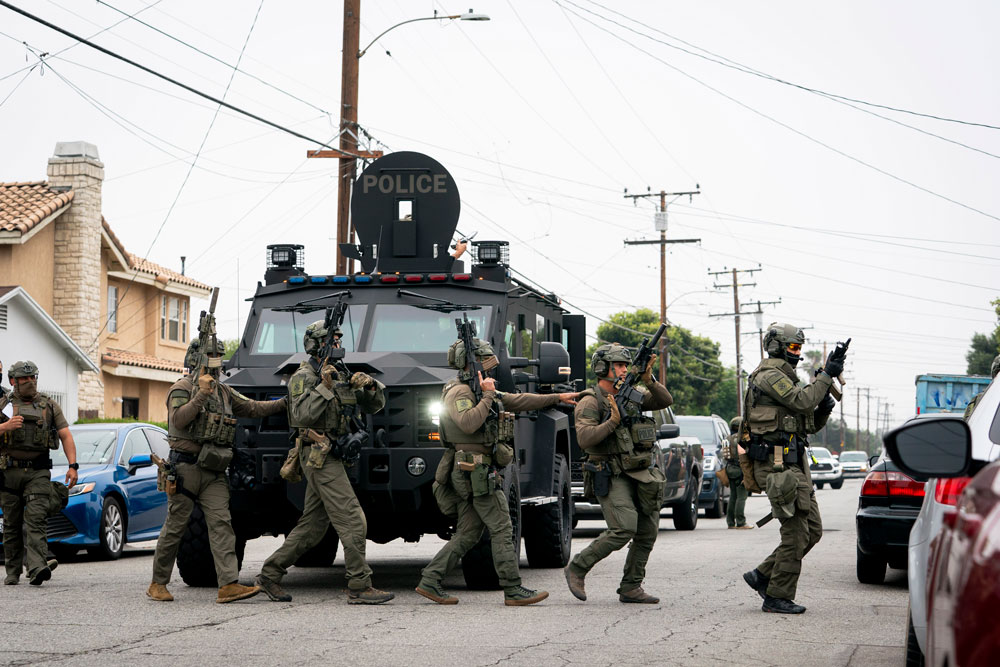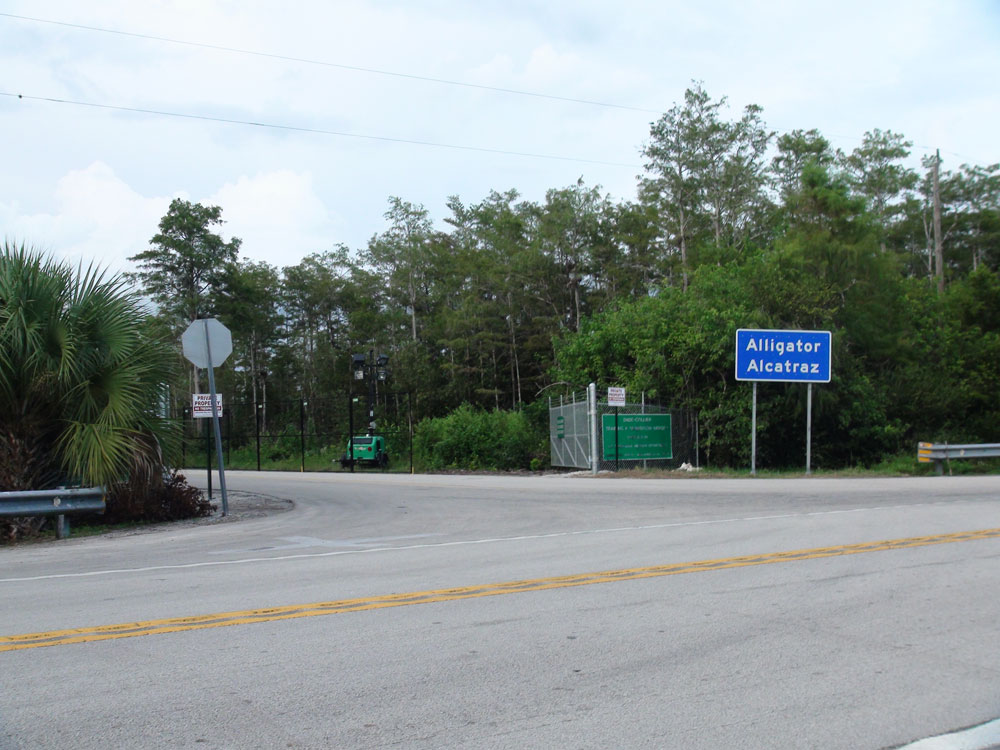Written by Sonia Banker
Just a few years after the epidemic, immigration raids are causing a completely new kind of disruption to education for young children in this nation.
Reversing the Biden administration’s immigration and customs enforcement (ICE) standards, which restricted enforcement activity in sensitive areas like churches and schools, was one of the first things the Trump administration did after taking office.
Immigration raids have increased since then, frequently on dubious pretexts. Immigration officials attempted to enter two Los Angeles elementary classrooms this spring. Agents at the door claimed to have permission from the children’s guardians and stated that they wished to assess the wellbeing of the students.
When they later spoke with caregivers, they discovered that agents had lied about obtaining permission, which is why administrators had refused them admission. Rep. Judy Chu (D-CA) expressed her outrage over DHS officials attempting to penetrate elementary schools. Instead of cowering in fear of being torn from their homes, these kids ought to be learning to read and write.
Regretfully, our youngsters no longer feel safe in schools. Armed agents invading schools and taking youngsters away can cause trauma and chaos, as you would imagine. However, these raids will also have long-term effects on students attending public schools across the country in terms of academic performance, mental health, and even school finances.
Additionally, we are witnessing an increase in absenteeism rates.
Thomas Dee, a professor at Stanford, released a ground-breaking research in June that detailed the connection between raids and absences from school. Dee examined attendance records from more than three years at five local school districts, concentrating on recent raids in the Central Valley region of California. Dee was able to link raids to a 22% rise in school absences, which disproportionately affected the youngest students.
Similar trends of immigration sweeps resulting in more student absences were reported by media outlets from all around the county in the weeks after Dee’s story, from New York to Denver and Chicago. Families all throughout the country have chosen to keep their kids at home out of fear of raids.
In many states, including California, school funding is determined by average daily attendance. This implies that future funding for the school will decrease as more pupils miss class. Therefore, when a student is forced to miss school due to a raid, it affects not just their individual education but also the district as a whole, their teachers, and their peers.
This puts the environment of public schools in jeopardy and will do long-term harm to a generation of pupils already recuperating from the losses of the pandemic. Jacob Kirksey, an associate professor of education policy at Texas Tech, stated that while absences are more widespread for everyone, they are also more severe. Raids can effectively produce the results of COVID in this generation of kids, whose educational experiences are markedly different.
Crucially, the rights of educators and students remain intact. For example, as evidence of a student’s residency, a school district cannot inquire about the student’s citizenship or immigration status. Students are free to keep this information private, and if they choose not to, schools are not allowed to deny them admission.
You can explore your legal protections as a student or an educator by visitingMySchoolMyRights.com, a website published by the ACLU where you ll find clear, accessible guidance on what ICE can or can t do in schools.
More over half of American voters think immigration raids shouldn’t occur in schools. They are aware that neighborhoods are not made safer by ICE raids on schools. They increase the number of empty classrooms and the susceptibility of schools to budget cuts.
To safeguard our students and families, we must speak up for those students by calling for openness and enacting laws that restrict access to ICE. We owe every child the freedom to learn without fear and a secure haven at school.
![]()
Sonia Banker works at the Institute for Policy Studies as a Henry A. Wallace Fellow.







